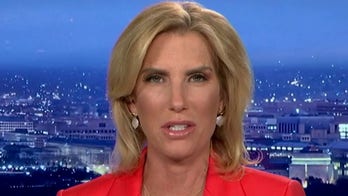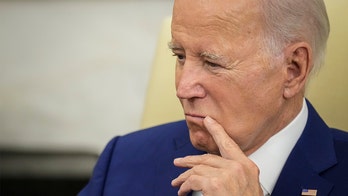The Deputy Secretary of Defense, Kathleen Hicks, has emphasized the importance of creating a welcoming and inclusive environment for military members of all identities, including nonbinary and LGBTQ individuals. She believes that addressing unconscious bias and implementing diversity, equity, and inclusion (DEI) measures are key to maintaining military readiness and national security. However, critics argue that the Biden administration's focus on DEI initiatives comes at the expense of more critical national security issues.
Deputy Secretary of Defense Kathleen Hicks has outlined the Pentagon's commitment to supporting nonbinary service members and addressing unconscious bias, emphasizing that these measures are crucial for military readiness and national security. Hicks' remarks were made during a series of Pride events, including one on June 5 hosted by the Association of LGBTQI+ Service Members.

Pentagon Supports Nonbinary Identities and Addresses Unconscious Bias for Readiness
Hicks acknowledged concerns about the military's policies regarding nonbinary service members and reiterated the department's unwavering commitment to progress in this area. She stressed that these efforts are fully aligned with the focus on military readiness and the well-being of personnel.
Hicks also highlighted the need for training throughout the military to address unconscious bias, which she considers essential for warfighting success. She emphasized the importance of detecting and responding to implicit biases that may affect decision-making and create barriers for individuals from diverse backgrounds.

Pentagon Supports Nonbinary Identities and Addresses Unconscious Bias for Readiness
Conservative critics, such as Nicole Kiprilov of the Center for Military Excellence, view Hicks' remarks as "simply self-loathing, anti-Americanism masquerading as ‘DEI.'" They argue that excessive focus on DEI undermines military values and contributes to recruitment challenges.
Hicks indicated that addressing DEI issues is a top priority for Secretary of Defense Lloyd Austin. She emphasized the need for fostering climates of inclusion that support dialogue within the LGBTQ+ community and beyond, considering it a core readiness issue.

Pentagon Supports Nonbinary Identities and Addresses Unconscious Bias for Readiness
The Pentagon has implemented various policies to promote diversity and inclusion, including developing training requirements on unconscious bias, fostering inclusive leadership development pipelines, and improving leaders' skill development to create more effective team environments.
Proponents of DEI initiatives, like Hicks, believe that they strengthen the military by creating a more welcoming and inclusive environment that attracts and retains diverse talent. However, critics contend that the Biden administration's emphasis on DEI has come at the expense of other pressing national security concerns.

Pentagon Supports Nonbinary Identities and Addresses Unconscious Bias for Readiness
Republican lawmakers, such as Sen. Eric Schmitt, R-Mo., have criticized the Pentagon's "woke" DEI agenda, arguing that it undermines the meritocratic principles of the military. They believe that the focus on DEI distracts from more urgent national security issues.
The Pentagon maintains that diversity is a "strategic imperative" for mission readiness and accomplishment. However, critics contend that this stance may compromise military effectiveness and send the wrong message to potential adversaries.
The debate over the role of DEI in the military is likely to continue as the Biden administration pursues its agenda and critics raise concerns about its potential impact on national security.










